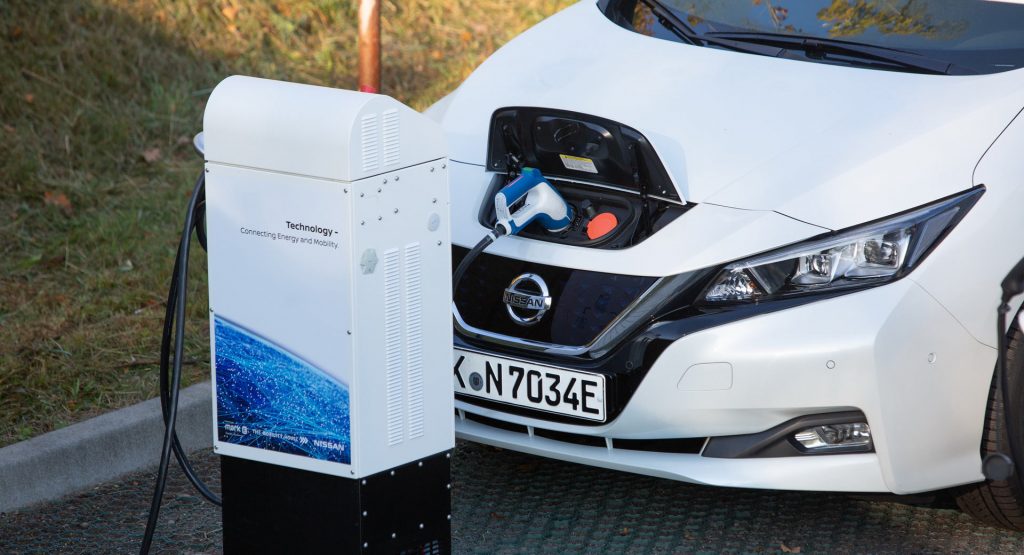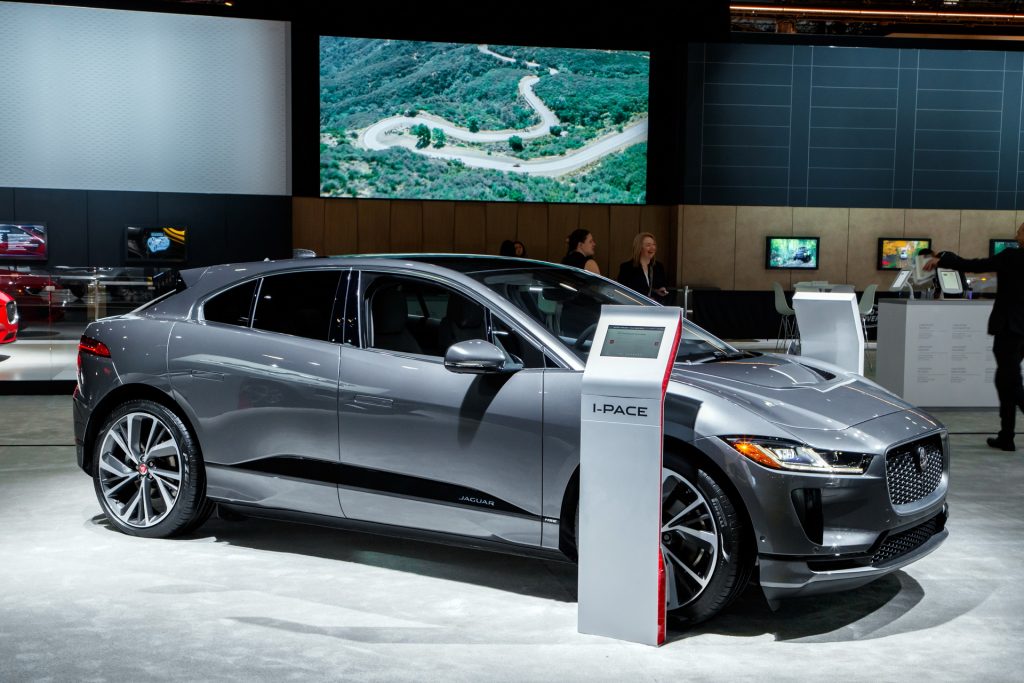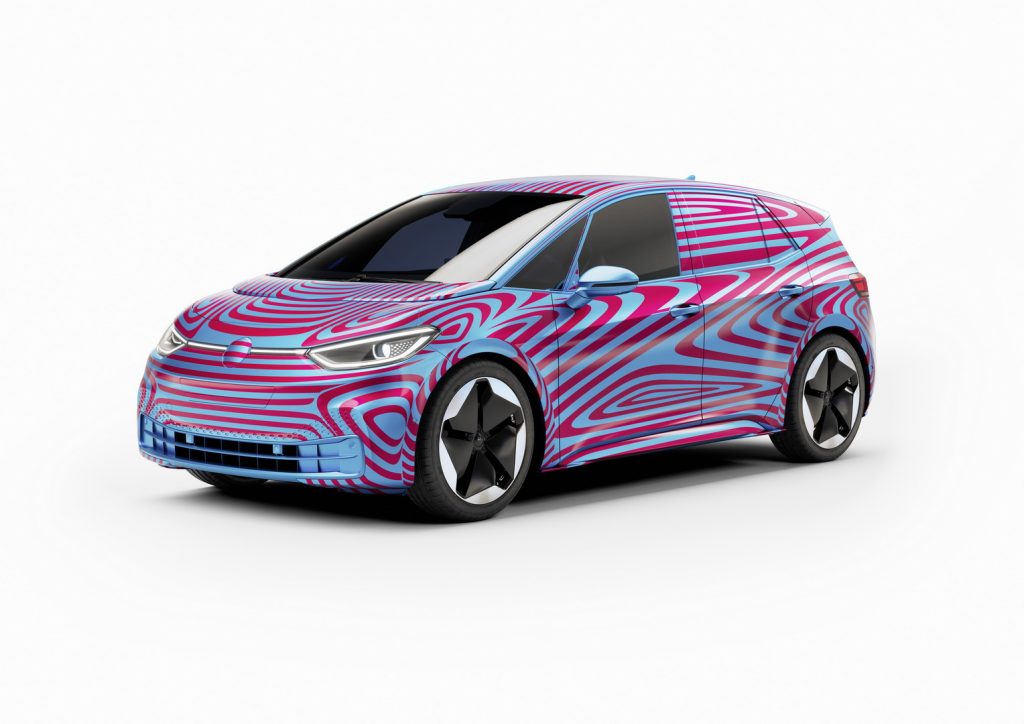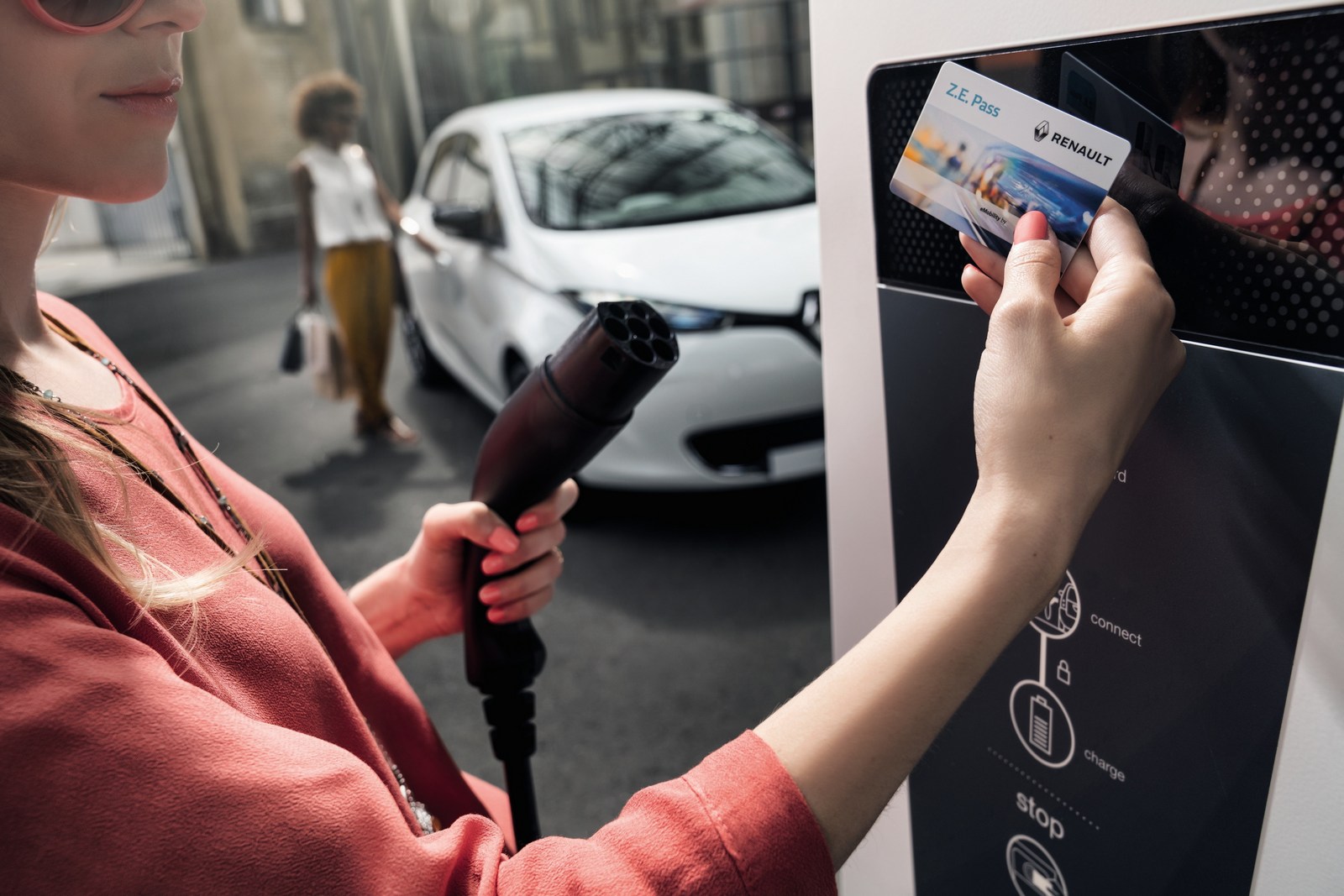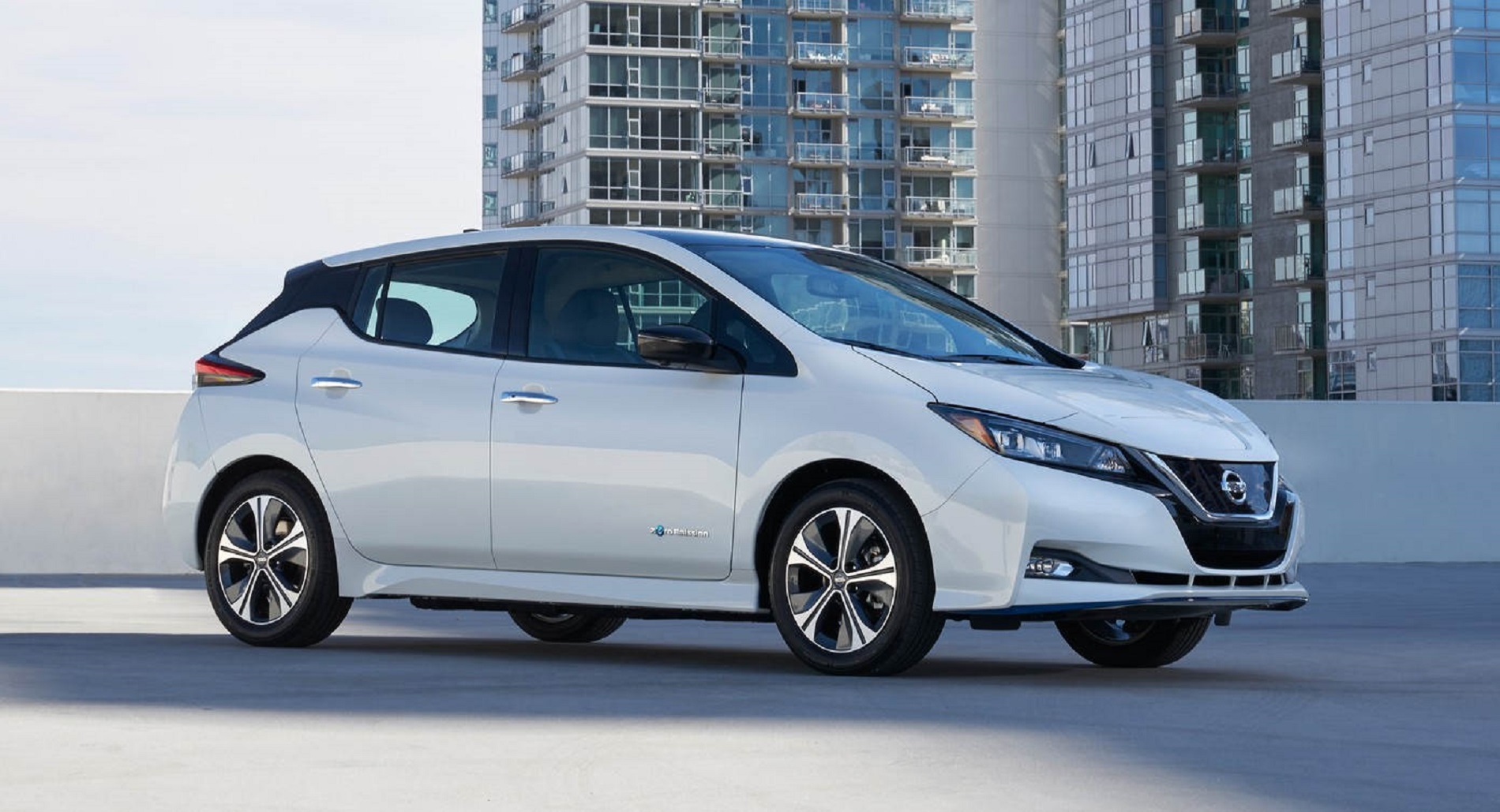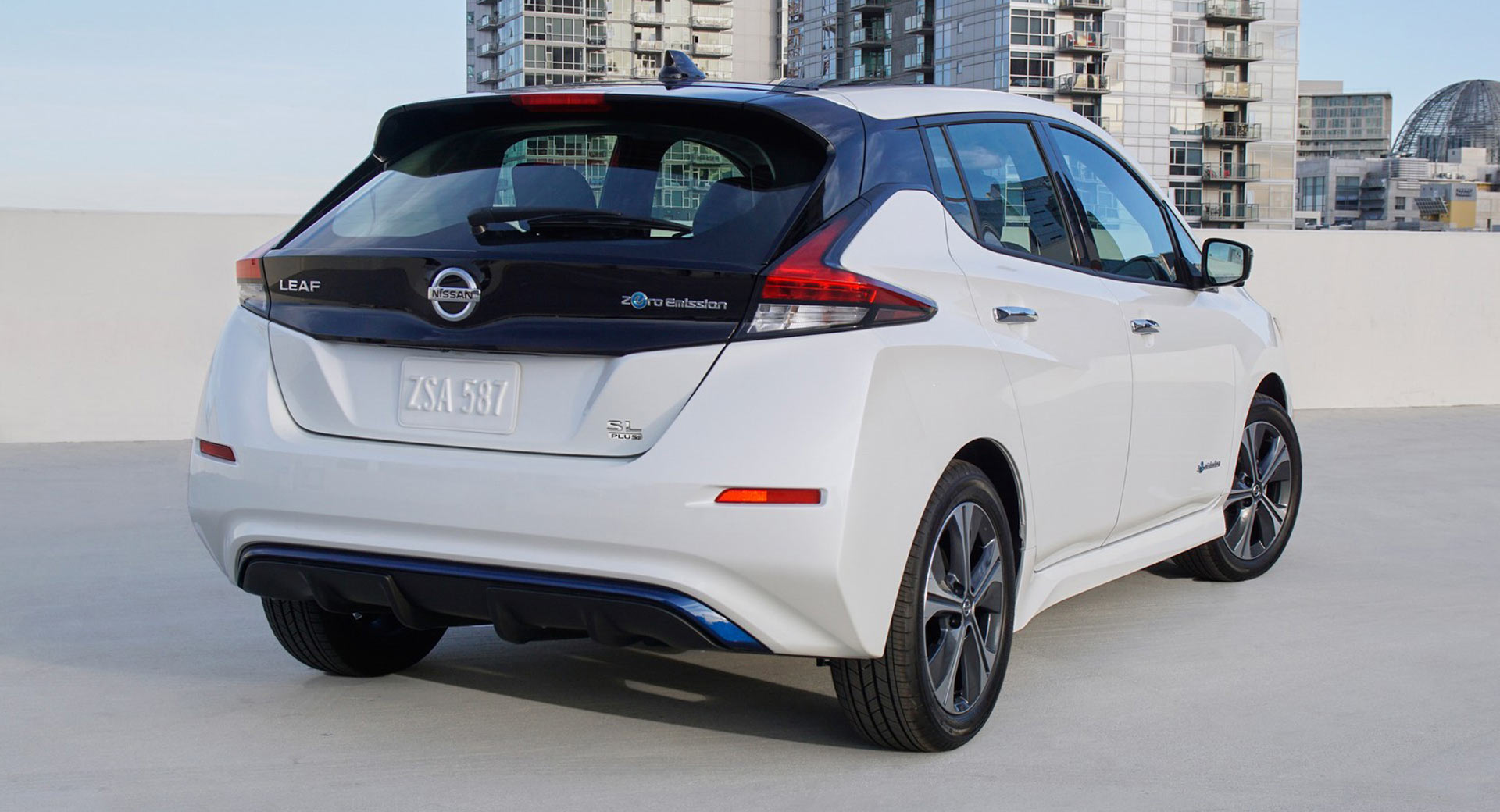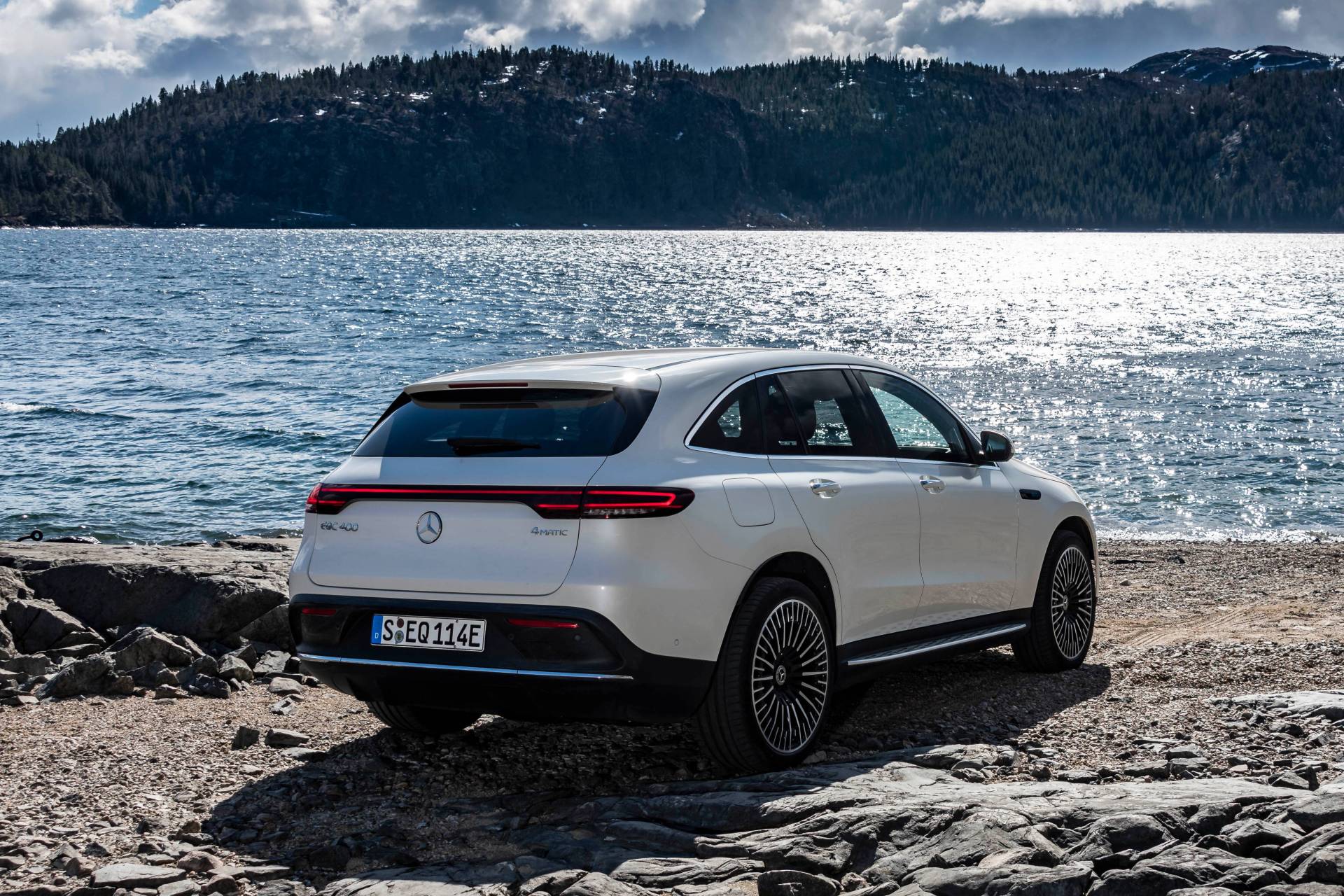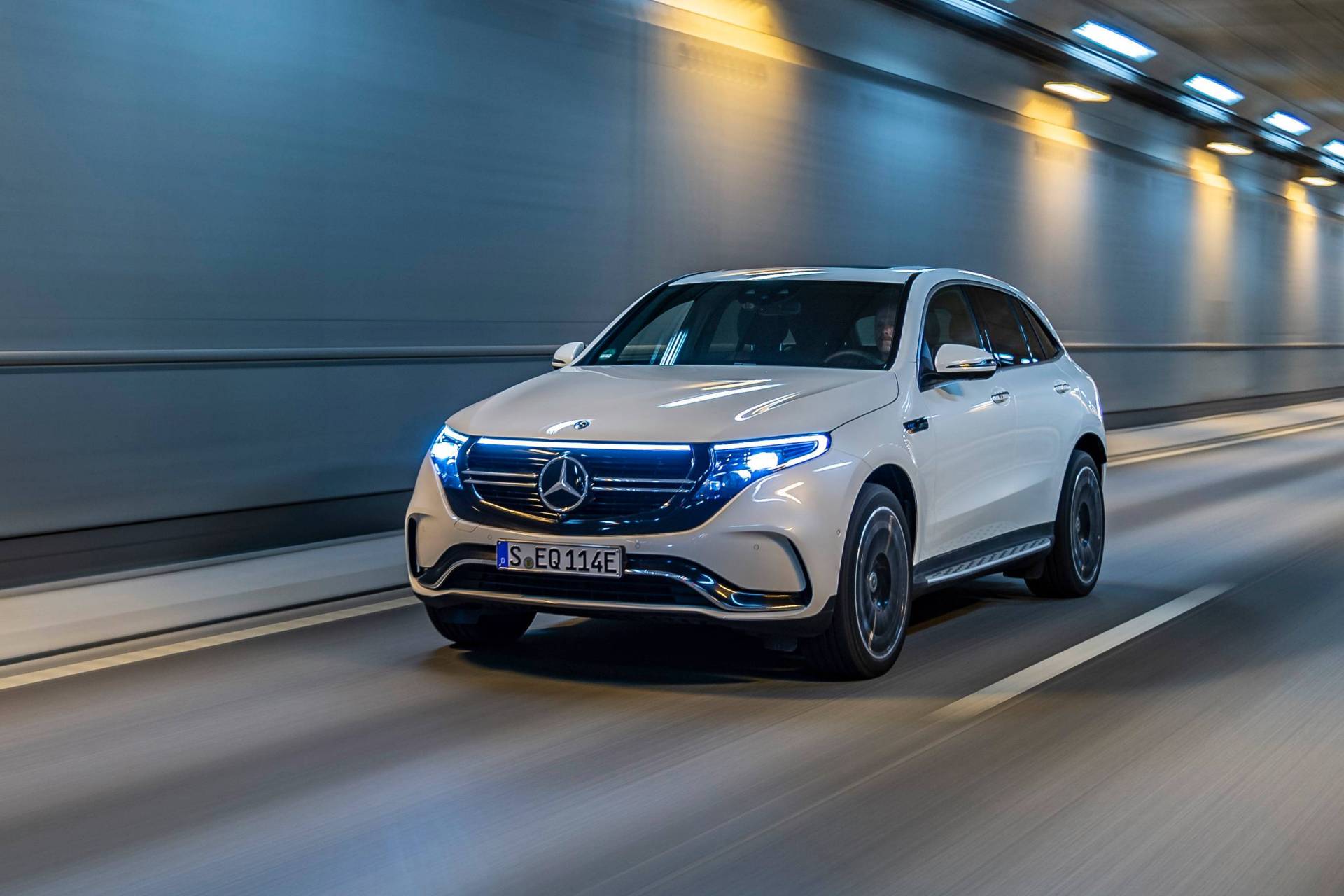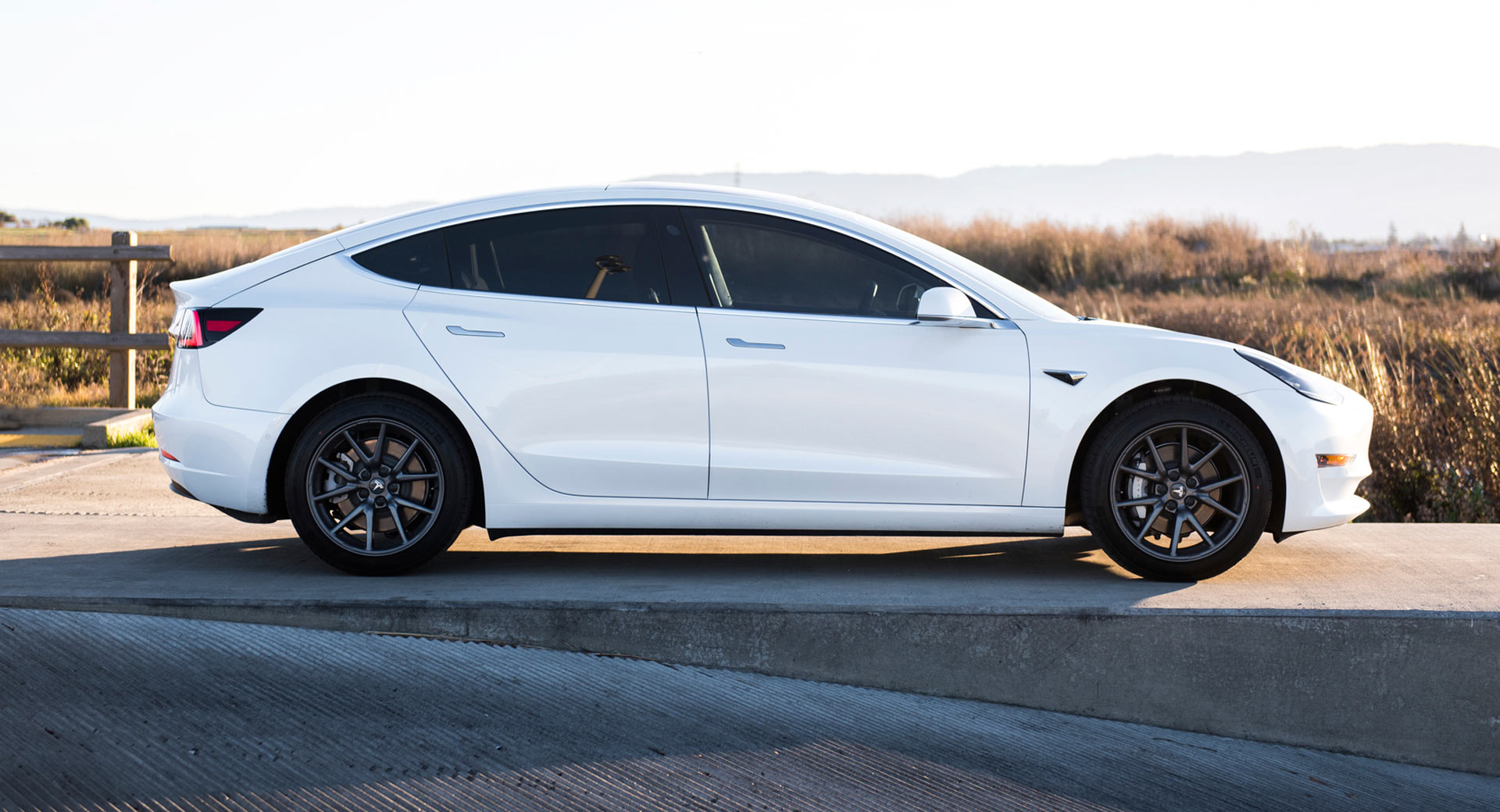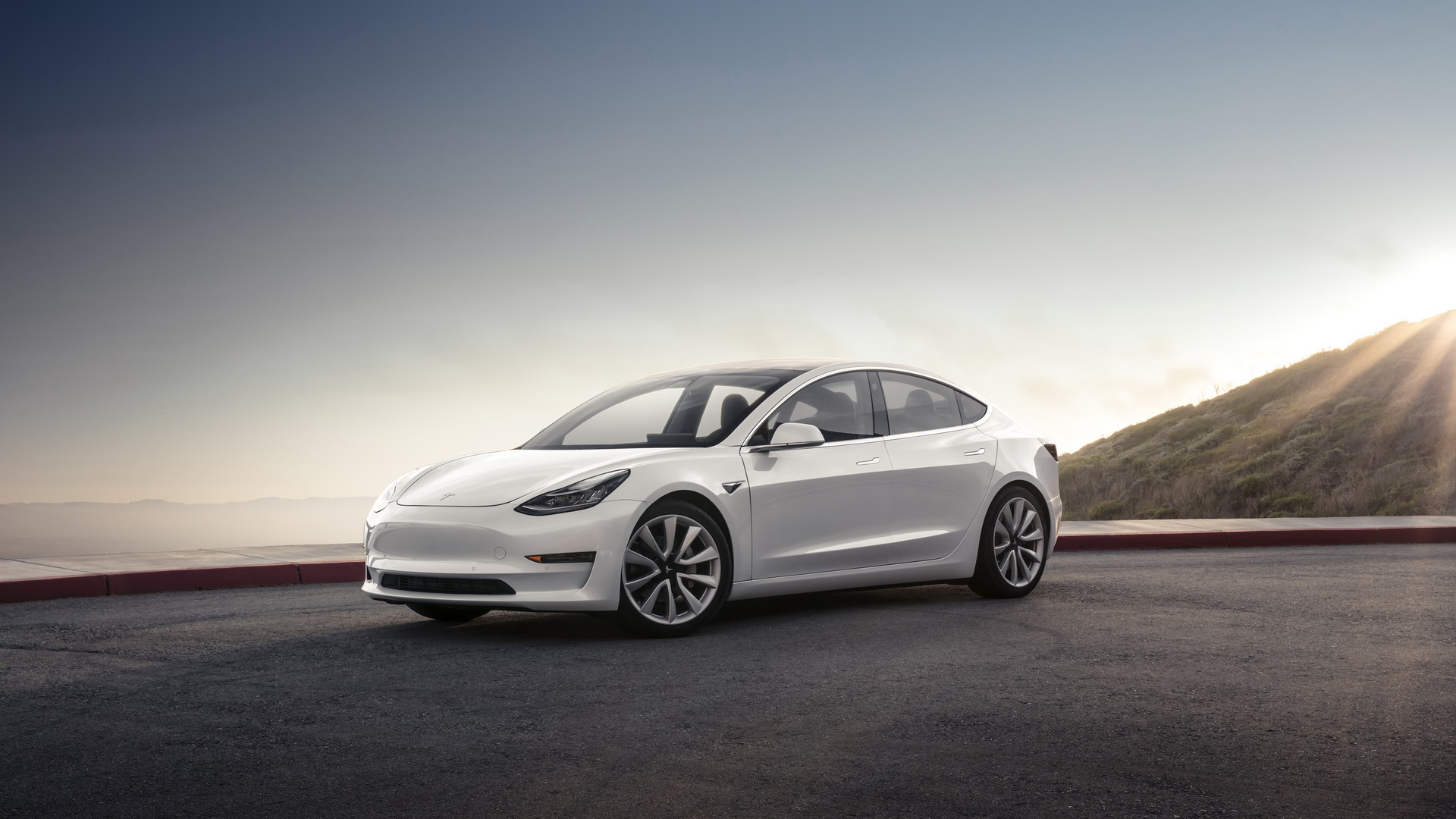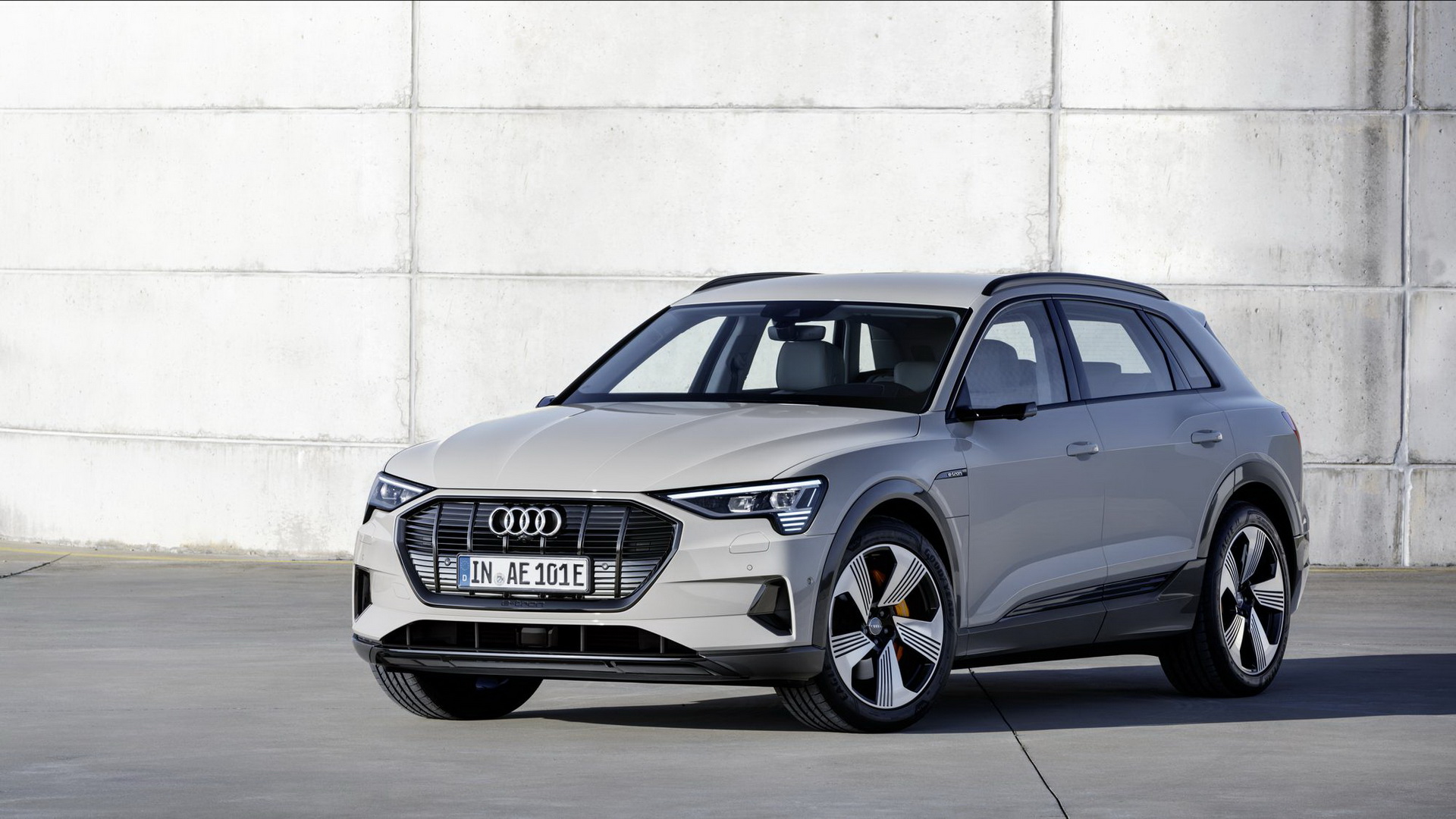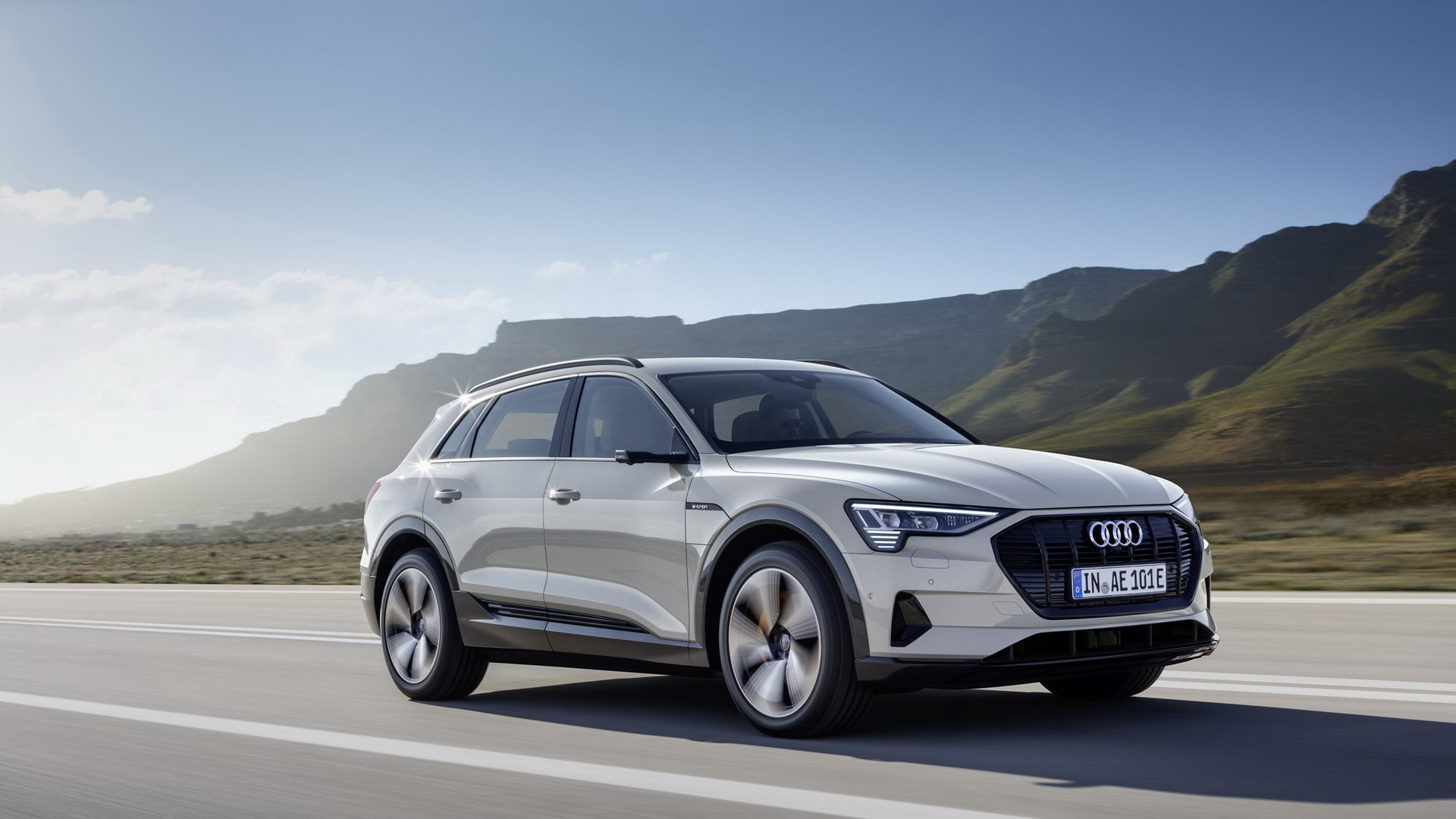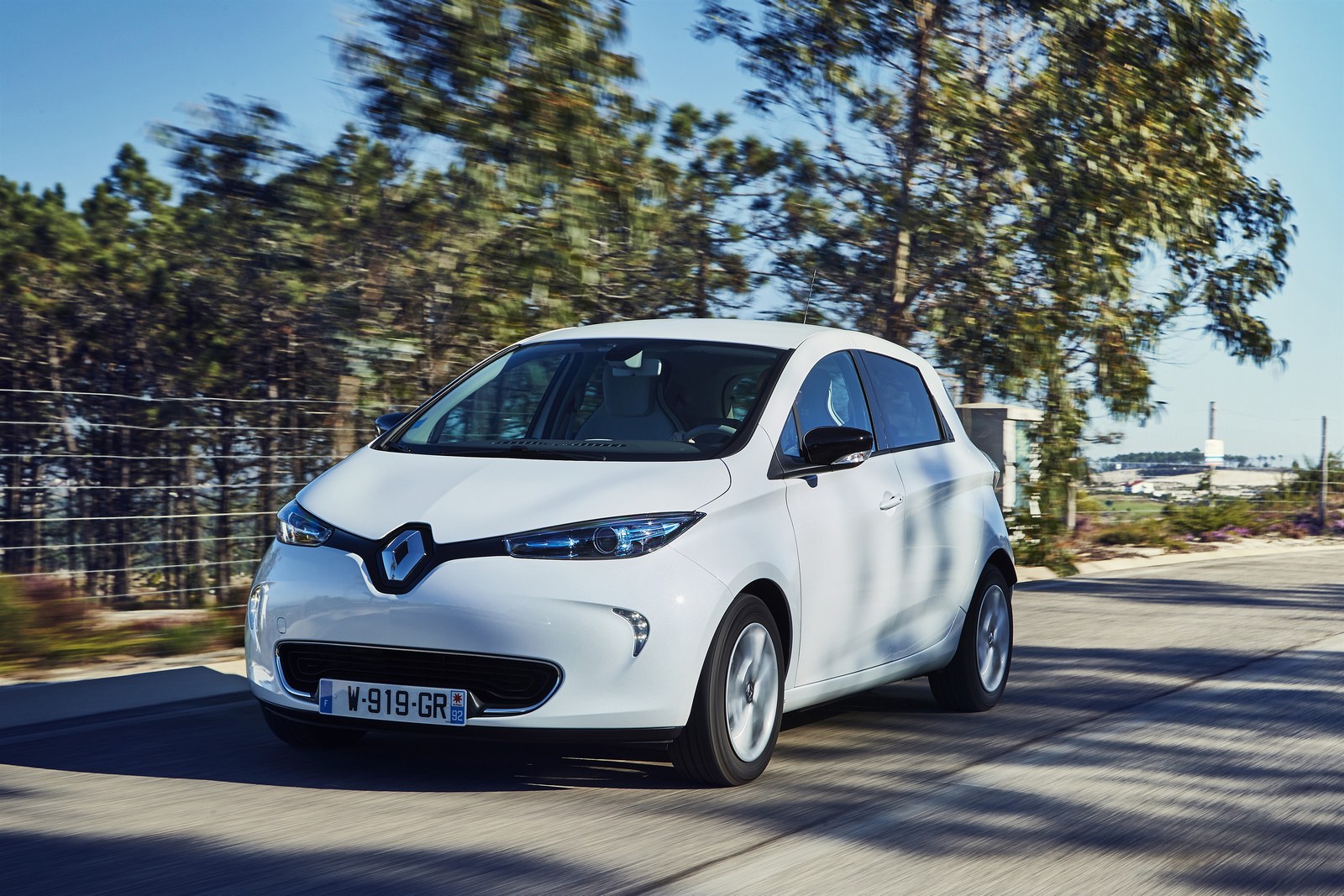More than half of all passenger car sales worldwide would be electric vehicles by 2040, signifying the drastic transformation the automotive industry is going through.
Bloomberg New Energy Finance (BNEF) had to revise upwards its previous 2040 projection, predicting that EVs could make up 57 percent of all new cars sold globally, CNN reports. Electric vehicles could make up a similar percentage of the light commercial vehicle market in the US, Europe and China within that time frame.
“We see a real possibility that global sales of conventional passenger cars have already passed their peak,” said Colin McKerracher, head of advanced transport for BNEF.
Also Watch: Here’s What It’s Like To Own The Nissan Leaf For A Year
The fast development of electric cars will allow them to match ICE-powered vehicles in price, and they are already cheaper to operate. This means that EVs will soon overtake traditional cars as the more economical choice for buyers, faster than originally anticipated.
Over the next 20 years, sales of electric vehicles will rise from 2 million units last year to 56 million by 2040. During the same period, the same analysis predicts that sales of ICE-powered vehicles will drop from 85 million units last year to 42 million units worldwide.
Rapidly falling prices in batteries will drive the shift towards electric cars, with battery costs per kWh having already dropped by 85 percent since 2010, thanks to manufacturing improvements and better economies of scale.
Taking into consideration the latest trends, the report expects electric cars to become less expensive that similar internal-combustion vehicles by the mid-2020s, both in purchase price and long-term ownership costs. EVs are already cheaper to run and drive thanks to electricity’s much lower price compared to gasoline or diesel fuels. They also have much smaller maintenance costs as they have fewer moving parts.
Ride-sharing services are the ones that will shift faster to electric vehicles than private buyers, according to Ali Izadi-Najafabadi, BNEF’s shared mobility research leader. “There are now over a billion users of shared mobility services — such as ride-hailing — globally,” Izadi-Najafabad said. “These services will continue to grow and gradually reduce demand for private vehicle ownership.”




